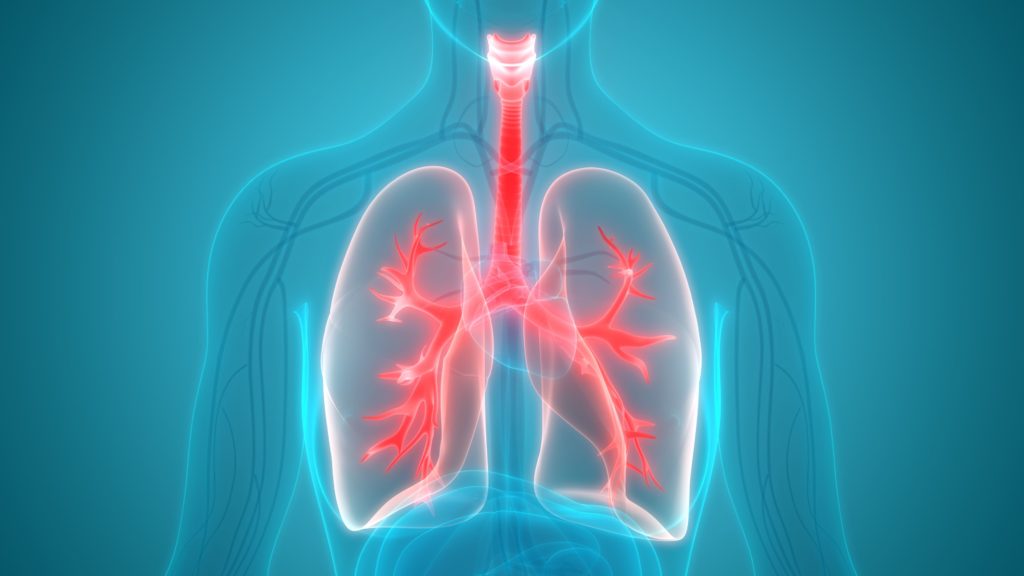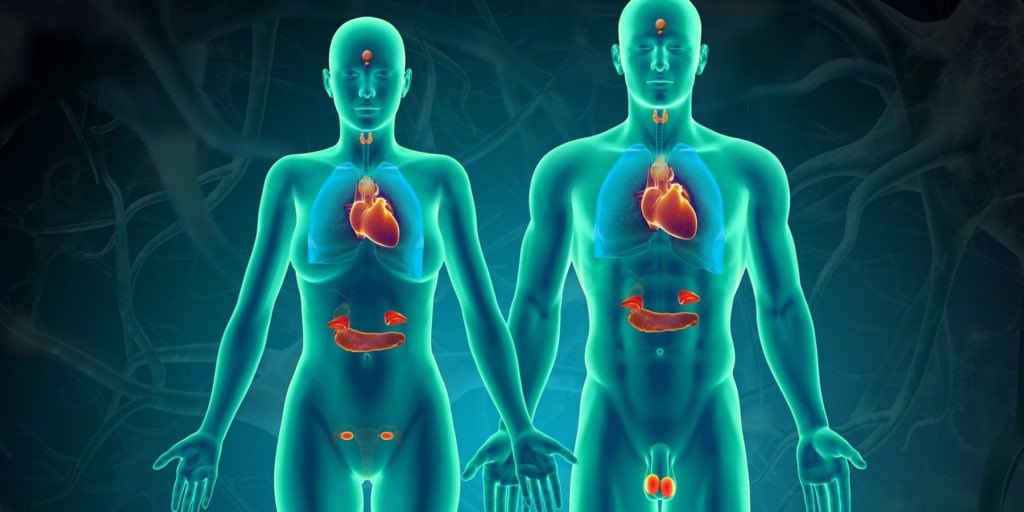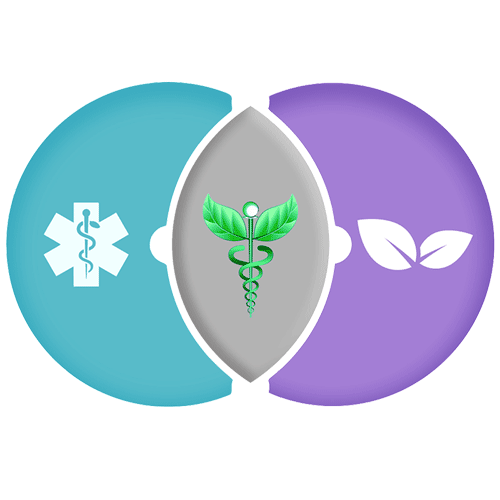Diagnosis
What Type of Doctors Treat Tick-Borne Disease?
The answer isn’t so simple. Tick-borne pathogens cause multisystemic harm. This means depending on how tick-borne disease has personally impacted you, a myriad of doctors can apply their specialty to treating your illness. Keep in mind, if you’re in treatment but not feeling better, it may not be that your current regimen is wrong, but rather that it isn’t addressing every issue being caused by your tick-borne disease.


Building Your Team
If you are behind on diagnosis or your tick-borne disease has progressed to a later stage, you may need to seek the advice of specialists. Below, we have compiled a list of medical professionals who can treat tick-borne diseases, as well as an overview of the treatment methods they may use for your care.
With tick-borne diseases, you will likely have many symptoms that fall under a wide range of specialties. For this reason, we encourage you to build a medical team to help you achieve full-body health. However, we understand not everyone will have the resources to build a team of healthcare professionals to get well. If you or a loved one are experiencing financial hardship as a result of your tick-borne disease, you can leverage these resources:
- https://projectlyme.org/resource/financial-assistance-programs/
- https://projectlyme.org/resource/managing-out-of-pocket-costs/
- https://projectlyme.org/resource/how-to-apply-for-social-security-disability-benefits/
Types of Medical Practitioners
Primary Care Physician
Most primary care physicians are doctors, but nurse practitioners and physician assistants may also conduct your initial consultation.
To treat Lyme disease, primary care physicians rarely go above and beyond the CDC recommended course of antibiotics. While these may work to treat the early stages of the disease, in later stages you will likely need a more well-rounded approach.
If a primary care doctor treats your Lyme disease and symptoms persist, which occurs in 10-20% of the patient population, then your doctor may refer you to a specialist to provide further treatment. These referrals will depend on your symptoms and their severity.
Internist
Professionals who practice internal medicine apply scientific knowledge and clinical expertise to the diagnosis and treatment of general health to complex illnesses. Many times, your primary care doctor will be an internist.
Internists typically treat Lyme disease following the CDC’s recommendation of a relatively short course of antibiotics. Internists who are properly educated about tick-borne diseases will treat patients via an extended timeline and methodology. This can include prescribing oral antibiotics for more than 30 days, intravenous antibiotics to penetrate the blood-brain barrier and herbal supplements.
To learn more about treatment protocols used by internists you can read here:
- https://www.ilads.org/patient-care/ilads-treatment-guidelines/
- https://danielcameronmd.com/lyme-choose-treatment/
Rheumatologist

Rheumatologists treat systemic conditions that affect the muscles, bones, joints, ligaments, and tendons. Usually, this requires them to treat a group of diseases called “systemic autoimmune diseases” that tend to impact these systems.
Joint pain is one of the initial identifying symptoms of tick-borne disease and is a primary symptom of Lyme arthritis. Rheumatologists are a likely next step for tick-borne disease patients seeking a specialist given their experience in these areas.
In order to treat tick-borne diseases, Rheumatologists focus on the use of antibiotics. Those who are well trained in treating tick-borne disease, especially in its later stages, may use a combination of antibiotic therapies for an extended time frame. Similar to internists, Rheumatologists may likely deliver antibiotics intravenously for better results. Additionally, they may use Rituximab, which can reduce inflammation and damage to your joints.
Depending on how progressed your tick-borne disease has become in impacting your skeletal system, they may also refer you to an Osteopathologist, who specializes in bone diseases.
To learn more about how Rheumatologists treat Lyme disease, you can follow the links below:
Psychiatrist

Psychiatry as a branch of medicine is devoted to the diagnosis, prevention, study, and treatment of mental disorders. Up to 40% of chronic patients will experience some form of neuropsychiatric symptoms making it crucial for patients to get evaluated early. Symptoms include depression, anxiety, sleep disorders, irritability, rage or aggression, OCD, hyperactivity, and more.
You may also be advised to work with a Therapist. This term is often applied to psychiatrists but can include other mental health professionals including social workers, counselors, life coaches, and more. They will work with you on day-to-day coping strategies in addition to your psychiatrist’s therapeutic methods.
Mental health professionals will leverage a variety of treatment methods. Therapies can include neurofeedback and psychotherapy, as well as prescribed medicines that will calm the brain such as antidepressants and anti-inflammatory medications.
To learn more about psychiatric symptoms, treatment protocols, and more follow the links below:
- https://projectlyme.org/resource/managing-mental-health/
- https://www.ilads.org/wp-content/uploads/2018/04/brochure-psychiatric-lyme-disease.pdf
- https://pubmed.ncbi.nlm.nih.gov/7943444/
Neurologist 
Neurology focuses on issues related to the central nervous system.
Neurological complications of tick-borne disease most often occur in the second stage of Lyme disease, with numbness, pain, weakness, Bell’s palsy (paralysis of the facial muscles), visual disturbances, and meningitis symptoms such as fever, stiff neck, and severe headache. Other problems, which may not appear until weeks, months, or years after a tick bite, include decreased concentration, irritability, memory and sleep disorders, and nerve damage in the arms and legs.
Treatment, as outlined by the CDC, is again a standard course of antibiotics. More experienced neurologists will treat tick-borne disease with a combination of antibiotic therapies or alternative approaches including IVIG (Intravenous immunoglobulin).
To learn more about neurology and tick-borne disease, follow the links below:
- https://www.stonybrookmedicine.edu/patientcare/askexpert/
- https://www.ledamedical.com/copy-of-pans-pandas
Gastroenterologist

Your esophagus, stomach, small intestine, colon and rectum, pancreas, gallbladder, bile ducts and liver all make up the gastrointestinal system. Gastroenterologists are the medical professional that treats diseases that impact this system.
Patients with tick-borne disease can experience a variety of gastrointestinal issues. While in the early stages symptoms usually present as nausea and vomiting, in later stages TBDs can present a range of stomach problems. Gastrointestinal symptoms are usually related to inflammation, nerve damage, and mitochondrial dysfunction.
To learn more about ways specialists in the field are working to help patients resolve their issues, follow the links below:
- https://drtoddmaderis.com/gastrointestinal-lyme-disease
- https://www.laintegrativegi.com/conditions/lyme-disease/
Cardiologist

Cardiologists are qualified to treat heart attacks, heart failure, heart valve disease, arrhythmia, and high blood pressure. In reference to tick-borne diseases, patients are at risk of developing Lyme carditis and long-term heart complications. Carditis occurs when borrelia burgdorferi enters the tissues of the heart. This can interfere with the normal movement of electrical signals from the heart’s upper to lower chambers, a process that coordinates the beating of the heart. The result is something physicians call “heart block”. Longer-term complications involve a weakening of the heart for similar reasons as carditis, but it occurs more slowly.
Treatment for Lyme carditis and other heart complications as a result of borrelia bacteria includes the use of antibiotics, similar to treating other systemic issues. In addition, there may be a need to get a pacemaker in order to help reset and balance your heartbeat.
To learn more about Lyme disease and the heart, use the resources below:
- https://www.upmc.com/services/heart-vascular/conditions-treatments/lyme-carditis#treatment
- https://www.ncbi.nlm.nih.gov/pmc/articles/PMC4395762/
Pulmonologist
Pneumology is a medical specialty that deals with diseases involving the respiratory tract. A Pulmonologist is the type of practitioner that specializes in this field of medicine.
Lyme disease presents a variety of symptoms that can impact the respiratory tract. In its early stages, patients may have flu-like symptoms. Although serious respiratory symptoms are extremely rare, some patients also have a cough and rhinitis. As mentioned in the last section, Lyme carditis is another complication. While it mainly impacts the heart and respiratory symptoms can range, they will likely include shortness of breath as well as light-headedness, fainting, heart palpitations, and chest pain. Lyme neuroborreliosis has also been documented to cause diaphragm paralysis in a few cases.
For additional information on the respiratory impacts of Lyme disease, you can follow the links below:
- https://www.atsjournals.org/doi/10.1513/AnnalsATS.201501-070LE
- https://pubmed.ncbi.nlm.nih.gov/10424529/
- https://lyme-time.com/2019/08/05/5-ways-lyme-disease-can-affect-the-respiratory-system/
Ophthalmologist

Specializing in the eye and vision care, this type of practitioner has many different specialties. It is important to know the ocular symptoms of Lyme disease so you can work with an ophthalmologist who focuses on issues caused by auto-immune disorders.
In the early stage of Lyme disease, many persons have conjunctivitis. In this condition, commonly called pink eye, the eyes are red and uncomfortable, and there is a discharge of pus. Unlike many forms of conjunctivitis, the type that occurs in Lyme disease is not contagious. In later stages of the disease, inflammation of the eye may develop. Parts of the eye that may be affected include the uvea, the middle layer inside the eye, the cornea, part of the outer coat of the eye; the iris, the colored circle around the pupil, and the choroid, a layer of blood vessels in the eye. Ocular symptoms can include sensitivity to light and floaters (spots in front of the eyes). Loss of vision due to the brain or eye inflammation may also occur.
To treat any eye condition caused by tick-borne disease, you will need to work with an ophthalmologist. Your symptoms will determine the necessary treatment. A range of options to help resolve ocular symptoms may include medicated drops, prism glasses, and in some cases Neuro-Visual Postural Therapy.
To learn more about vision issues and treatment methods click the links below:
- https://projectlyme.org/event/lyme-disease-and-binocular-vision-dysfunction/
- https://chicago.medicine.uic.edu/departments/academic-departments/ophthalmology-visual-sciences/our-department/media-center/eye-facts/lyme-disease/
- https://padulainstitute.com/lyme-disease-and-vision-problems/
Endocrinologist

Hormones are chemicals controlled by your endocrine glands that help coordinate and control many of your body’s activities. When you begin to experience hormonal dysfunction, Endocrinologists are the type of medical practitioner you will need to see.
In reference to tick-borne diseases, they have the ability to impact your HPA (hypothalamic-pituitary-adrenal) axis, and can even damage neuroendocrine (or brain, nervous system, and hormonal gland) tissue, such as the pituitary gland. As a result, the body does not produce the proper amounts of hormones and neurotransmitters.
In order to treat hormonal imbalances, you can use a variety of methods including synthetic hormone replacement therapy, compounded bioidentical hormones, and herbal therapies. For the first two, you will need to work with an endocrine specialist, while with herbal therapies you may need to discuss the next steps with an integrative or naturopathic doctor which you can learn more about in the next section.
For more resources on hormonal dysfunction and treatment options, follow these links:
- https://www.prohealth.com/library/lyme-disease-hormones-4-ways-balance-naturally-91615
- https://www.gordonmedical.com/lyme-neurotoxins-and-hormonal-factors/
Integrative and Functional Medicine
These healing-oriented medical practices take account of the whole person, including all aspects of lifestyle. It emphasizes the therapeutic relationship between practitioner and patient, is informed by evidence, and makes use of all appropriate therapies. An integrative practitioner will likely use some of the methods listed above and below.
In treating tick-borne disease, integrative and functional practitioners usually take an antibiotics approach first, especially when dealing with acute cases. If the case is chronic, usually the use of combination therapies will increase outcomes. This may include nutritional and herbal remedies, which you will also see prescribed by naturopathic, functional, and holistic doctors. In addition, in order to achieve a truly comprehensive approach, your integrative practitioner may work to treat hormone inefficiencies, using anti-microbial treatments, support digestion, hyperbaric oxygen chambers, and many other methods that can be integrated into your treatment regime.
To learn more about integrative treatment approaches you can visit:
- https://carolinacenter.com/conditions/lyme-disease/
- https://smhs.gwu.edu/oimh/news/taking-integrative-approach-lyme-disease
- https://www.ccfmed.com/lyme-disease
Naturopathic Doctors
According to WebMD, naturopathic medicine is a system that uses natural remedies to help the body heal itself. It embraces many therapies, including herbs, massage, acupuncture, exercise, and nutritional counseling.
There is a variety of peer-reviewed evidence for how it helps Lyme. Most specifically, Naturopathic physicians will leverage herbal protocols, essential oils, chelation therapies, and more!
To learn more about protocols being used, check out the links below:
- https://www.medicalnewstoday.com/articles/lyme-disease-treatment-2-herbal-compounds-may-beat-antibiotics#Quinine-and-knotweed-show-promise
- https://www.verywellhealth.com/natural-remedies-for-lyme-disease-5180854
Searching for a Provider
Project Lyme educates about the many different types of medical professionals available with the understanding that to help you heal from tick-borne disease. Given what is known about treating chronic cases, you will likely need a combination of therapies. Focusing on knowing your body, and advocating for the best care will lead you on a path to health and happiness.
For more help finding a doctor, click the link below.

